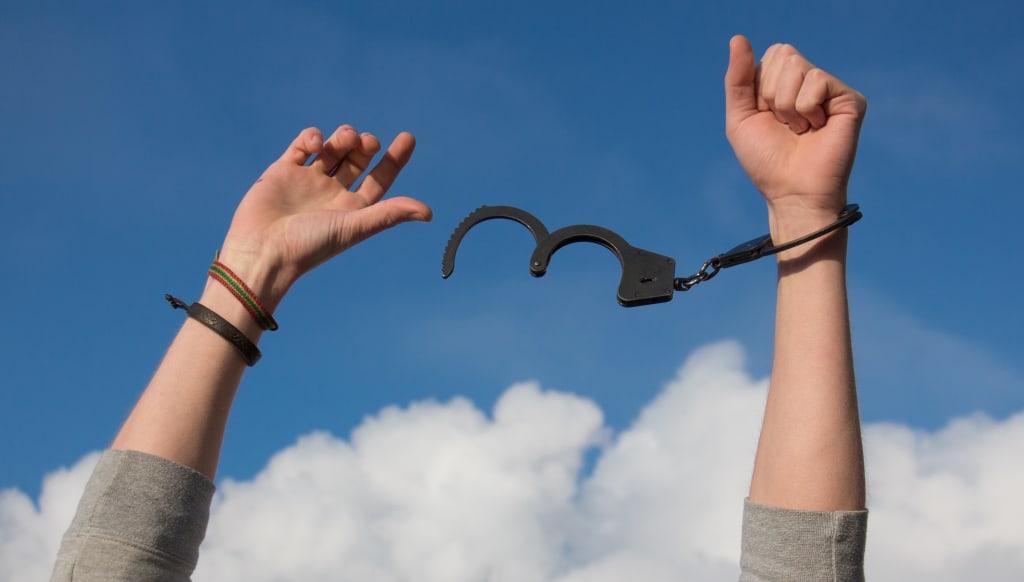
Addiction can be a relentless and debilitating force, robbing individuals of their happiness, health, and potential. However, the journey to recovery is possible, and with determination, support, and the right strategies, you can break free from the chains of addiction and emerge as a better version of yourself. In this blog, we will explore effective ways to overcome addiction and embark on a transformative journey towards personal growth and well-being.
1. Acknowledge the Problem:
The first step towards overcoming addiction is to acknowledge and accept that you have a problem. Denial only perpetuates the cycle of addiction, while honesty opens the door to change. Recognize the impact addiction has on your life, relationships, and goals, and embrace the desire for a better future.
2. Seek Professional Help:
Addiction is a complex issue that often requires professional assistance. Reach out to healthcare providers, therapists, or addiction counselors who can offer guidance and support. They can help you create a personalized recovery plan and provide valuable resources to navigate the challenges ahead.
3. Build a Strong Support System:
Surround yourself with individuals who genuinely care about your well-being and want to see you succeed. Family, friends, support groups, or recovery communities can be instrumental in your journey towards recovery. Their support, encouragement, and understanding will help you stay motivated during difficult times.
4. Create a Structured Routine:
Developing a structured routine can provide stability and purpose, which are crucial elements in overcoming addiction. Plan your days, set goals, and engage in activities that promote physical, emotional, and mental well-being. Fill your time with hobbies, exercise, meditation, or volunteering, as these activities can help redirect your focus away from addictive behaviors.
5. Practice Self-Care:
Prioritize self-care as an essential part of your recovery journey. Engage in activities that nurture your physical, emotional, and spiritual well-being. Get enough sleep, eat a balanced diet, and exercise regularly. Explore relaxation techniques such as deep breathing, mindfulness, or yoga to manage stress and cultivate inner peace.
6. Identify Triggers and Develop Coping Strategies:
Identify the triggers that lead to addictive behaviors and develop healthy coping strategies to deal with them effectively. Whether it's stress, boredom, or certain environments, understand what prompts your cravings and plan alternative actions. Replace harmful habits with positive outlets like talking to a friend, writing in a journal, or engaging in creative pursuits.
7. Set Realistic Goals:
Establishing realistic and achievable goals is crucial for maintaining motivation and measuring your progress. Break down larger goals into smaller, manageable steps. Celebrate each milestone reached, as these accomplishments reinforce your commitment to a healthier lifestyle and provide a sense of achievement.
8. Practice Mindfulness:
Mindfulness is a powerful tool in addiction recovery. By being present in the moment, you can observe your thoughts, emotions, and cravings without judgment. Mindfulness exercises, such as meditation and deep breathing, can help you develop self-awareness and regulate your responses to triggers, promoting a sense of calm and control.
9. Embrace Healthy Relationships:
Recovering from addiction often involves reevaluating and reshaping relationships. Surround yourself with individuals who support your sobriety and uplift your well-being. Foster healthy connections that encourage personal growth and discourage destructive behaviors. Seek guidance on repairing damaged relationships, but remember to prioritize your own well-being first.
10. Practice Patience and Persistence:
Overcoming addiction is a journey that requires patience and persistence. Setbacks may occur, but remember that recovery is not a linear process. Be kind to yourself and celebrate the progress you make along the way. Focus on the present moment and remain committed to your long-term goals, trusting that each day brings new opportunities for growth and transformation.
Conclusion:
Breaking free from addiction is a challenging endeavor, but with the right mindset, support system, and strategies, you can overcome it and emerge as a stronger, more resilient individual. By acknowledging the problem, seeking professional help, and implementing the suggested techniques, you are taking the first steps towards a healthier and more fulfilling life. Remember, the path to recovery may be arduous, but the rewards of overcoming addiction and becoming a better version of yourself are immeasurable.






Comments
There are no comments for this story
Be the first to respond and start the conversation.